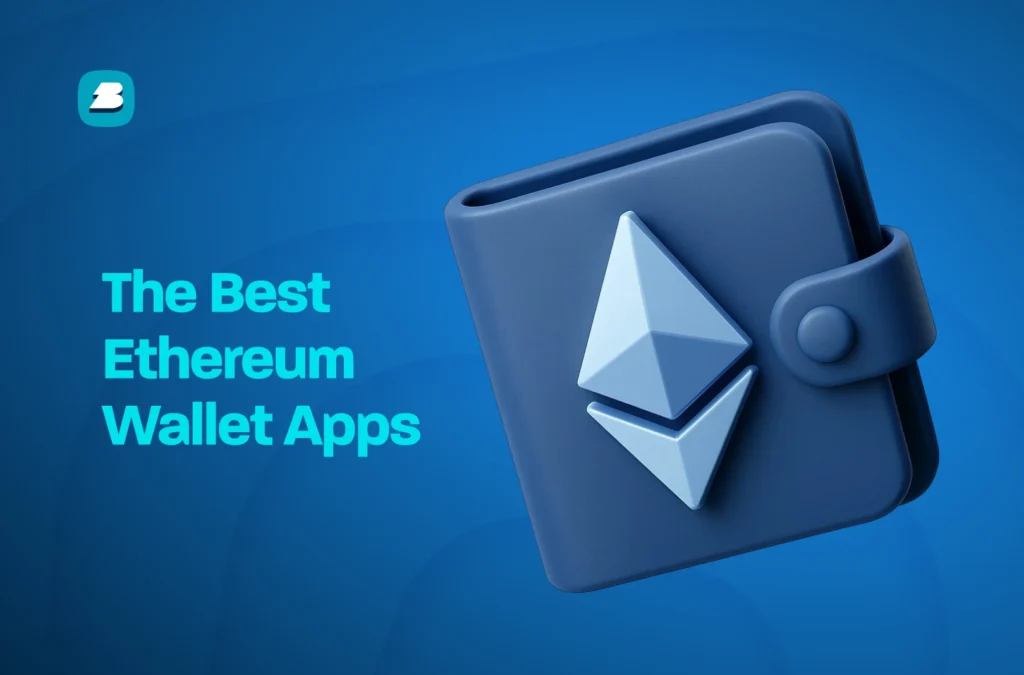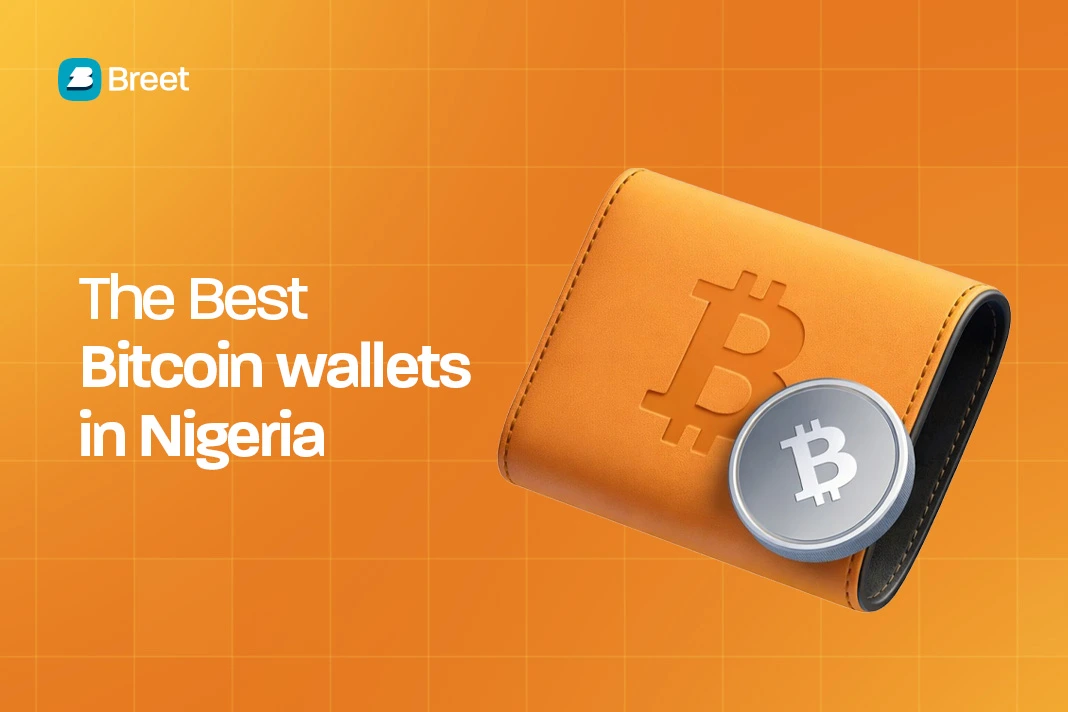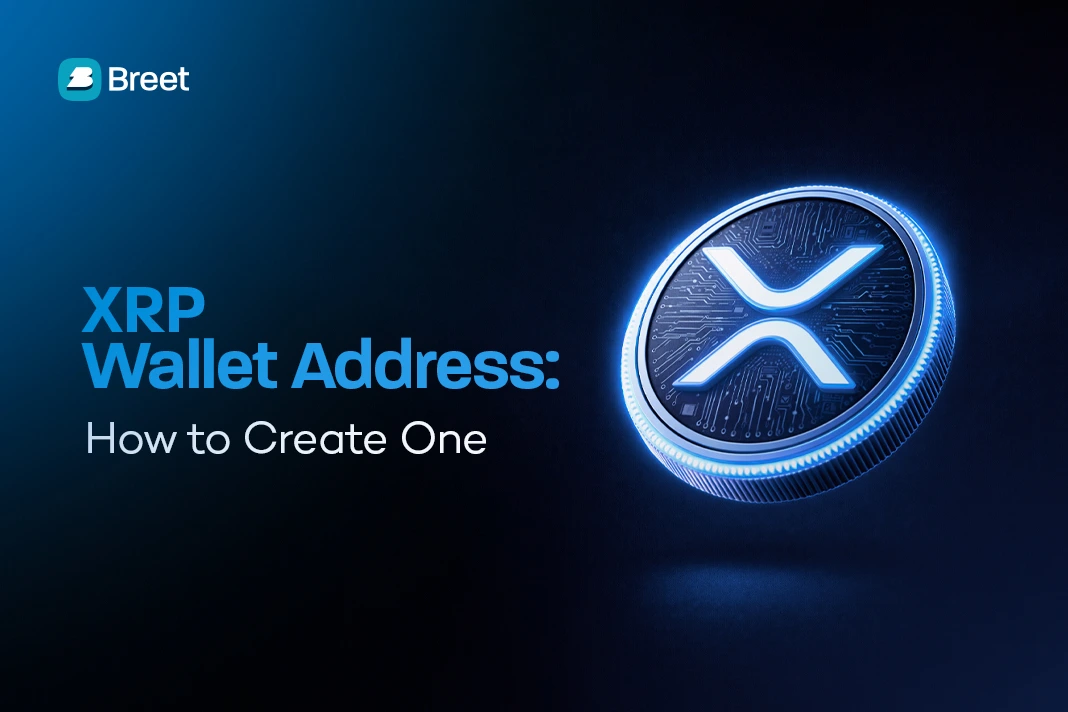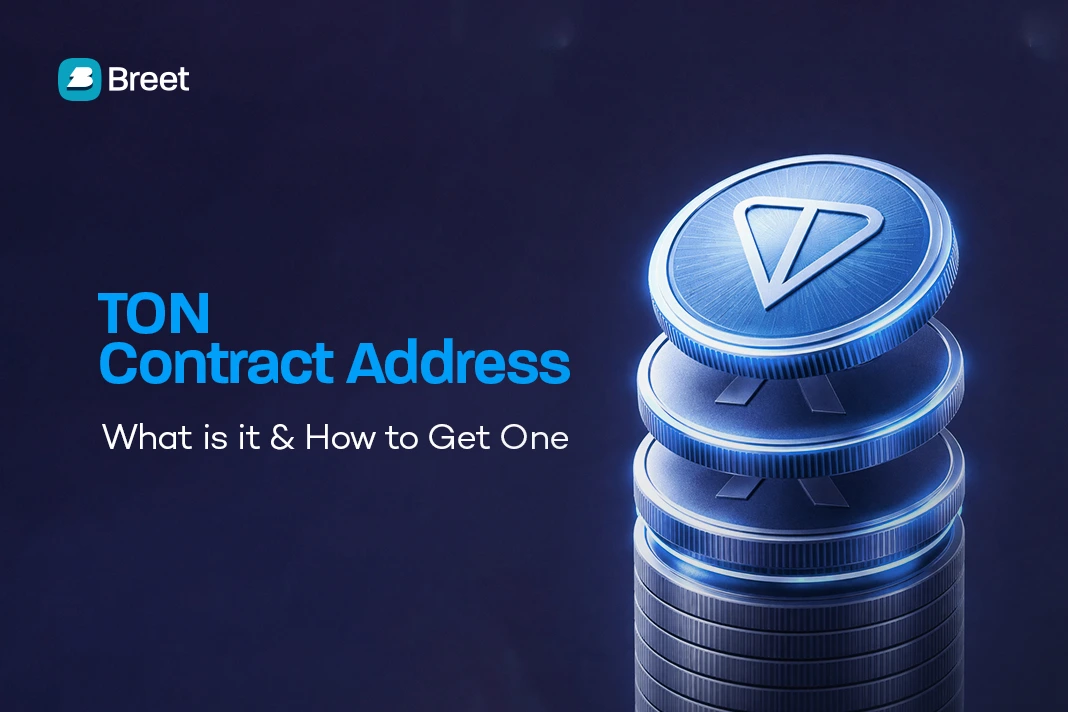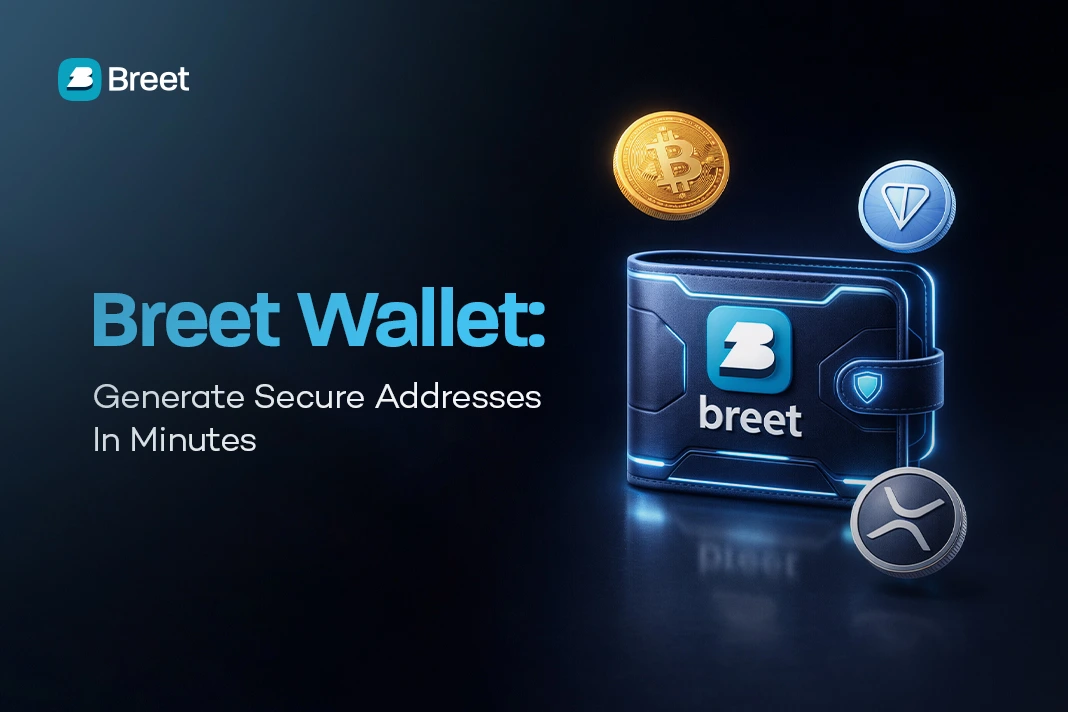Choosing the best Ethereum wallet in Nigeria is necessary, as more Nigerians adopt ETH for trading, DeFi, and everyday transactions.
With Ethereum’s growing role in powering smart contracts, NFTs, and decentralized finance, having a secure and reliable Ethereum wallet has become a priority for both beginners and investors.
Many wallets now support features made for Nigerian users, such as Naira integration, local exchanges, and easy mobile access.
In this guide, we’ll highlight the 9 best Ethereum wallet apps in Nigeria, trusted for their security, usability, and support for the Nigerian crypto market.
Why You Need an Ethereum Wallet in Nigeria
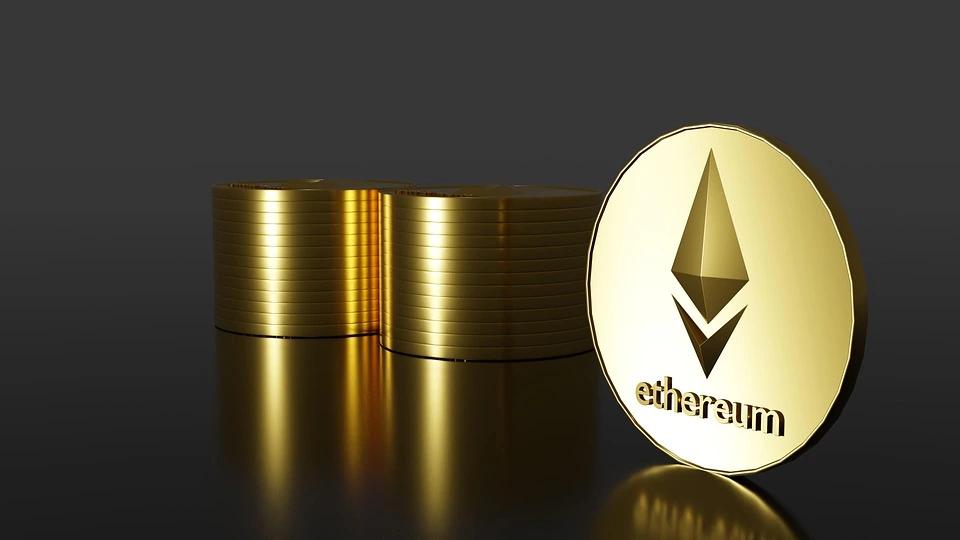
An Ethereum wallet in Nigeria is needed for anyone looking to store, trade, or stake ETH securely as crypto adoption surges.
Nigeria is one of the world’s leading markets for cryptocurrency, with millions of users turning to Ethereum for trading, DeFi, NFTs, and everyday payments.
By using a wallet, you maintain control of your private keys, ensuring your ETH is safe from hacks and centralized exchange risks.
Many of the best Ethereum wallets in Nigeria now support features designed for local users, such as easy funding through Naira, integration with Nigerian exchanges, and mobile-friendly apps for smooth and fast transactions.
Beyond secure storage, wallets also unlock access to staking rewards, NFT marketplaces, and decentralized finance platforms, making them essential tools for crypto traders.
Top Pick:
- 9 Underrated Crypto Trading Tips for Beginners
Key Features to Look for in an Ethereum Wallet App
Choosing the best Ethereum wallet app in Nigeria goes beyond just downloading the first option you find. With so many wallets available, it’s important to focus on features that guarantee both security and convenience.
1. Strong Security Measures
Your wallet should offer advanced protection such as two-factor authentication (2FA), biometric login, and non-custodial control of private keys.
Non-custodial wallets are most important because they give you full ownership of your ETH, unlike custodial wallets where a third party holds your assets.
2. Ease of Use
A user-friendly interface with simple navigation is important when choosing the best ethereum wallet.
A good wallet should make it easy to buy, send, and receive ETH without technical complexity.
3. Low and Transparent Fees
Look for wallets that offer affordable transaction fees and integration with Nigerian exchanges, local bank support or payment gateways.
This ensures you don’t overspend on gas fees or conversion charges.
4. Multi-Token Support
Ethereum powers thousands of tokens including, ERC-20, ERC-721 for NFTs, etc.
A great wallet should allow you to store and manage more than just ETH, giving you access to DeFi platforms, stablecoins, and NFTs.
5. Availability in Nigeria
Not all wallets work good in Nigeria.
Ensure the wallet supports Naira funding, local exchanges, and mobile compatibility, making it easier for you to transact within the Nigerian crypto ecosystem.
Related:
- Bull Run Meaning in Crypto: Explained for Beginners
The 9 Best Ethereum Wallet Apps in Nigeria
Choosing the best Ethereum wallet in Nigeria can be overwhelming given the number of options available.
To make it easier, we’ve compiled a list of the 9 top Ethereum wallet apps trusted by Nigerian users, highlighting their key features, pros, and cons.
- Breet Wallet
- Trust Wallet
- Metamask
- Binance Wallet
- Coinbase Wallet
- Exodus Wallet
- Atomic Wallet
- Ledger Nano X
- Trezor Model T
1. Breet Mobile Wallet
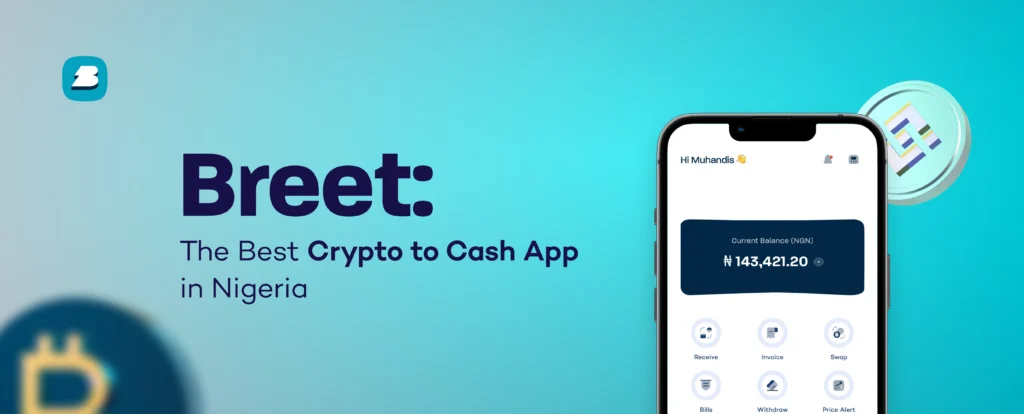
Unique Features: Automated crypto-to-Naira conversion, zero withdrawal fees, reward points on transactions, supports over 40 cryptocurrencies.
Pros:
- Instant Naira payouts directly to Nigerian bank accounts within 287 seconds
- User-friendly interface ideal for beginners
- Supports multiple cryptocurrencies including BTC, ETH, USDT, DOGE, and LTC
- Automated conversion saves time and effort
Cons:
- Payouts limited to Nigeria and Ghana
2. Trust Wallet
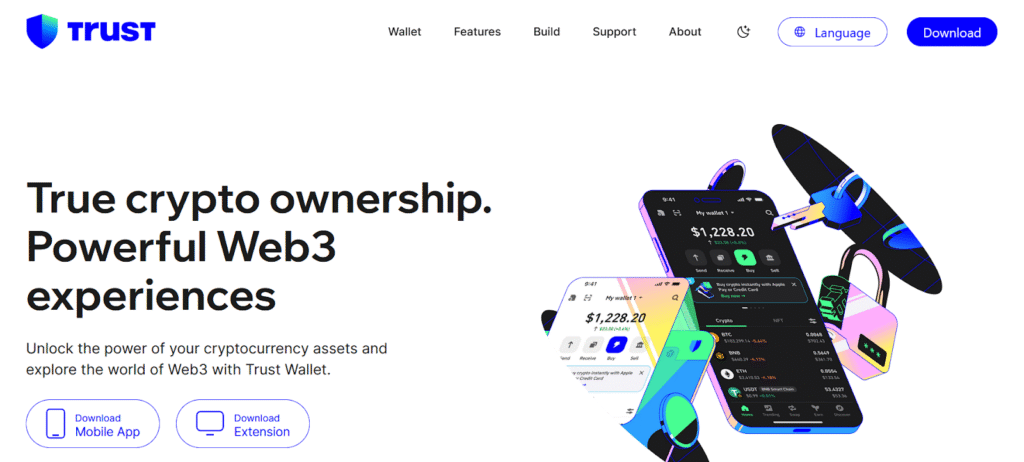
Unique Features: Non-custodial, multi-token support, staking for ETH and other cryptocurrencies, DeFi and NFT access.
Pros:
- Full control of private keys
- Easy mobile interface
Cons:
- Mobile-only (no desktop app)
- Occasional slow transaction updates
3. MetaMask
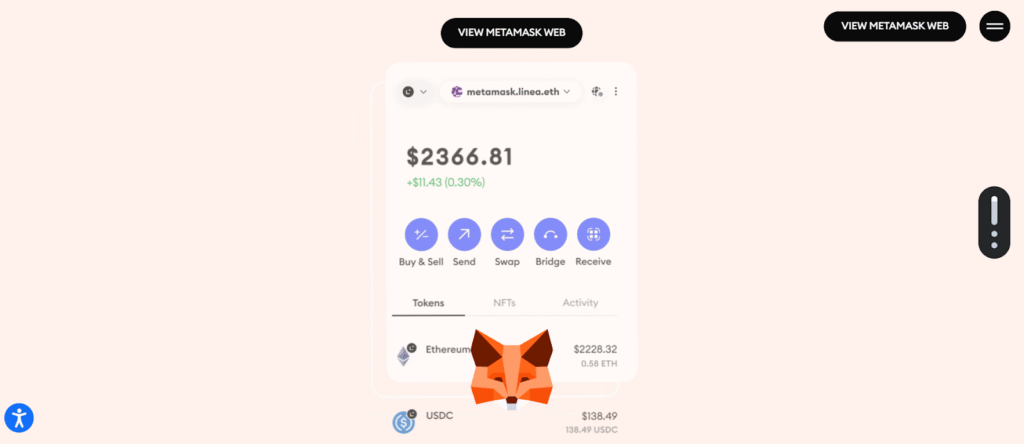
Unique Features: Browser and mobile wallet, Ethereum and ERC-20 support, integrated DApp browser.
Pros:
- Access to Ethereum DApps and DeFi
- Non-custodial with strong security
Cons:
- Can be confusing for beginners
- Requires manual gas fee management
4. Binance Wallet
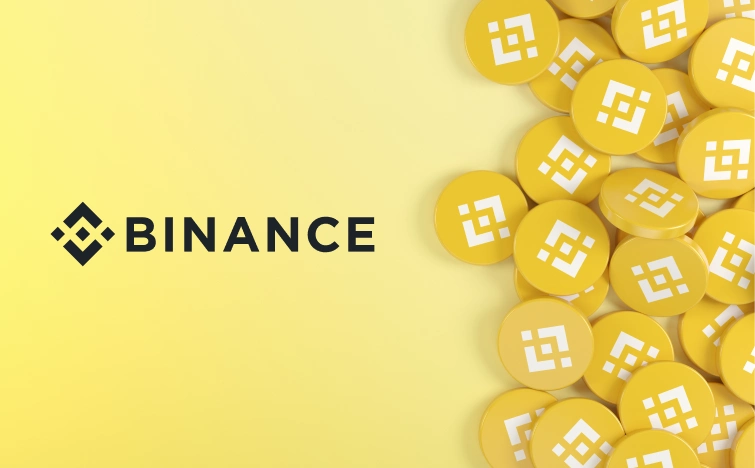
Unique Features: Integration with Binance exchange, supports ETH trading with Naira, staking options.
Pros:
- Easy funding with Naira
- Fast trading and low fees on Binance network
Cons:
- Custodial wallet (Binance controls private keys)
- Limited DeFi access outside Binance ecosystem
Related:
5. Coinbase Wallet
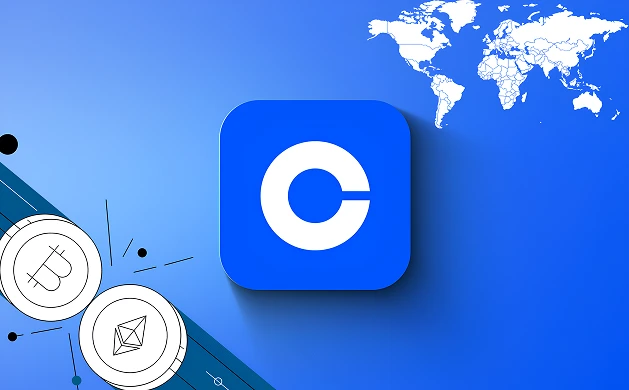
Unique Features: Decentralized wallet with multi-token support, NFT storage, DApp access.
Pros:
- Strong security with optional 2FA
- Beginner-friendly interface
Cons:
- Custodial features for some functions
- Some features limited in Nigeria
6. Exodus Wallet
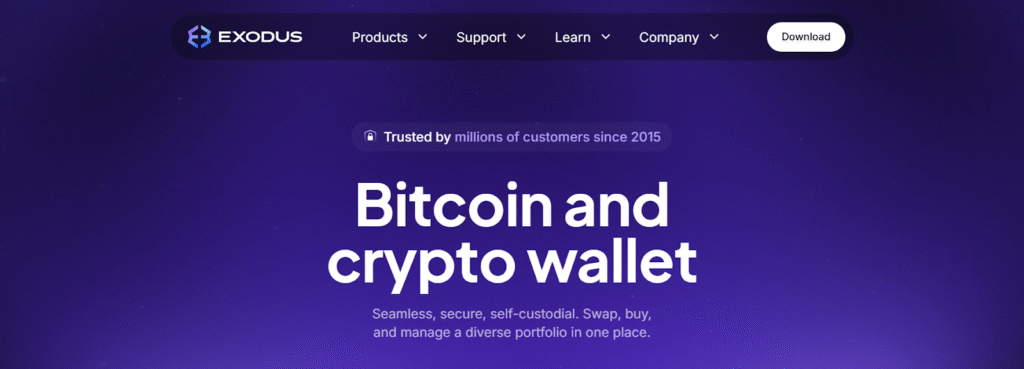
Unique Features: Desktop and mobile wallet, multi-currency support, built-in exchange.
Pros:
- User-friendly for beginners
- Non-custodial with private key control
Cons:
- Higher transaction fees than some wallets
- Limited advanced DeFi integrations
Top Pick:
7. Atomic Wallet
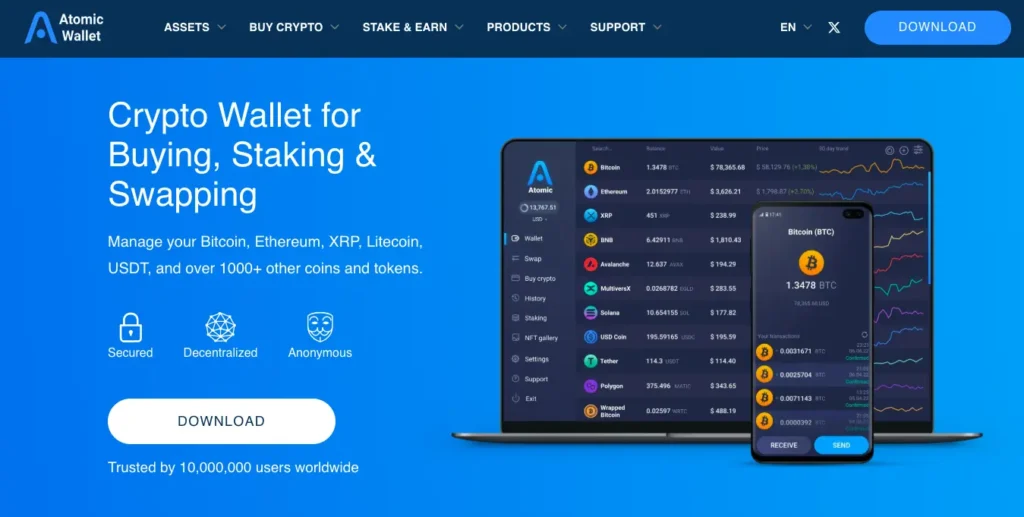
Unique Features: Decentralized, staking for ETH and other tokens, multi-platform support.
Pros:
- Non-custodial with private keys
- Available on desktop and mobile
Cons:
- Interface can feel complex for beginners
- Occasional connectivity issues with some DApps
8. Ledger Nano X (Hardware Wallet)

Unique Features: Cold storage, Bluetooth-enabled, offline ETH storage.
Pros:
- Highest security for storing ETH
- Supports multiple cryptocurrencies
Cons:
- Expensive for new users
- Not ideal for frequent transactions
9. Trezor Model T (Hardware Wallet)
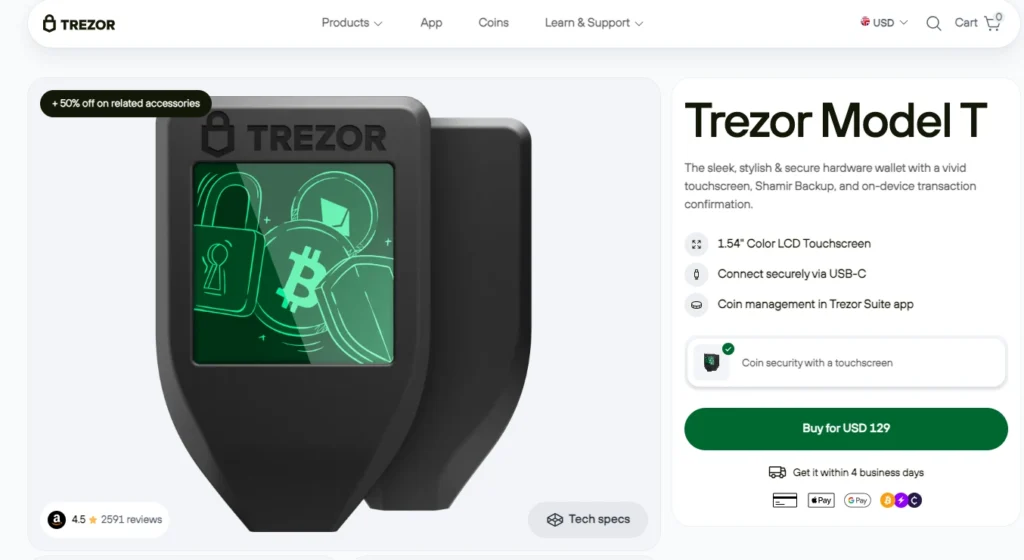
Unique Features: Advanced cold storage, touchscreen interface, multi-token support.
Pros:
- Easy backup and recovery
- Supports ERC-20 tokens and NFTs
Cons:
- High upfront cost
- Mobile integration requires extra setup
You Might Like:
- How to Enable Bitcoin on Cash App: Step by Step Guide
Compare The Best Ethereum Wallets in Nigeria
| Wallet Name | Key Features | Pros | Cons |
| Breet Wallet | Crypto-to-Naira conversion, reward points, 40+ coins | Instant Naira payouts, user-friendly, zero withdrawals fees | Limited to Nigeria & Ghana |
| Trust Wallet | Non-custodial, multi-token support, DeFi & NFT access | Full control of private keys, | Mobile-only, occasional slow updates |
| MetaMask | Browser & mobile wallet, DApp browser | Access to DeFi & DApps, | Can be confusing for beginners, manual gas fees |
| Binance Wallet | Exchange integration, Naira funding, staking | Easy Naira deposits | Custodial wallet, limited DeFi outside Binance |
| Coinbase Wallet | Multi-token, NFT storage, DApp access | Strong security, | Custodial features, some features limited in Nigeria |
| Exodus Wallet | Desktop & mobile, built-in exchange | User-friendly, | Higher fees, limited advanced DeFi integrations |
| Atomic Wallet | Staking, multi-platform support | Non-custodial, | Complex interface, occasional DApp issues |
| Ledger Nano X | Cold storage, Bluetooth-enabled | Top security, | Expensive, not for frequent transactions |
| Trezor Model T | Cold storage, touchscreen, multi-token | High grade security, | High cost, mobile setup extra steps |
How to Choose the Right Ethereum Wallet for You
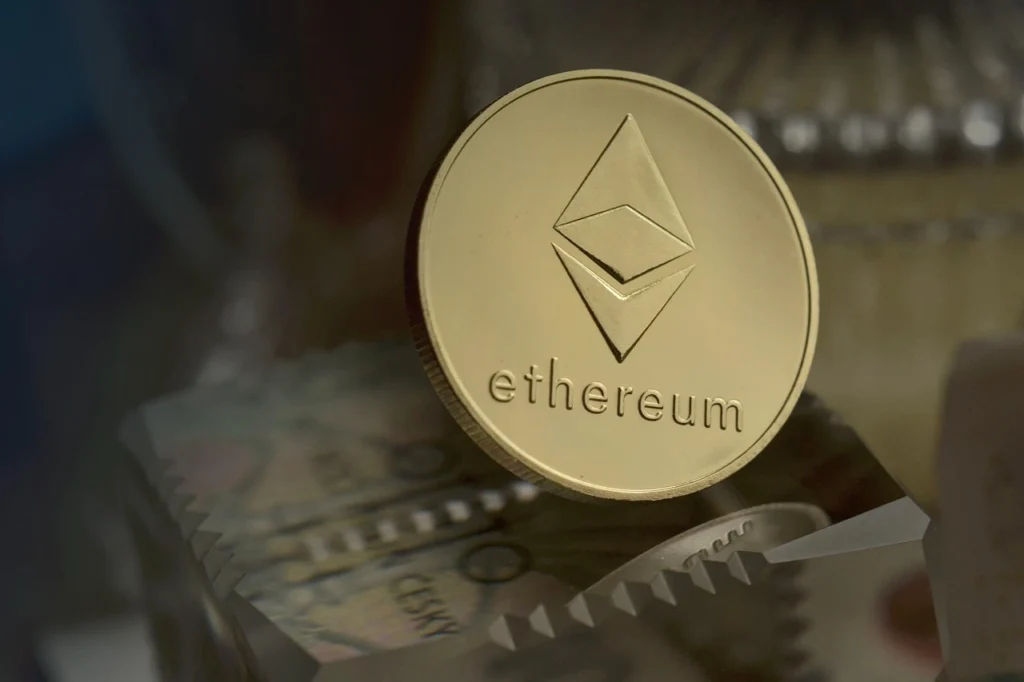
Selecting the best Ethereum wallet in Nigeria requires careful consideration of your experience level, investment goals, and how you plan to use Ethereum.
For Beginners
If you’re new to Ethereum, focus on user-friendly wallets that make the experience of buying, storing, and sending ETH easy.
Mobile and desktop wallets like Breet Wallet or Metamask Wallet are best because they provide clear interfaces and easy access to Ethereum-based apps.
Beginners should also choose wallets that integrate with Nigerian exchanges, enabling quick deposits in Naira.
Additionally, selecting a wallet with educational resources and clear backup procedures can prevent costly mistakes, such as losing access to your private keys.
For Active Traders
Active traders need wallets that combine speed, convenience, and flexibility. Look for wallets that allow instant transactions, low fees, and easy swapping of ETH and ERC-20 tokens.
Integration with local exchanges, such as Binance Wallet, ensures that you can fund and withdraw your wallet using Naira, making trading easy.
Traders should also prioritize wallets that support price alerts, portfolio tracking, and multi-token management, as these features make it easier to react quickly to market changes and manage multiple investments at once.
For Long-Term Holders
If your strategy is to hold ETH for years, security should be your top priority. Hardware wallets like Ledger Nano X or Trezor Model T provide offline storage, keeping your assets safe from hacks, phishing attacks, and exchange vulnerabilities.
Long-term holders should also consider wallets that support staking, such as Atomic Wallet or Trust Wallet, allowing them to earn passive income on their Ethereum holdings while maintaining full control.
Related:
- 9 Best Crypto OTC Trading Platforms
Other Important Considerations
- Security Features: Always choose wallets with robust security options, including two-factor authentication (2FA), biometric verification, and non-custodial control of private keys.
- Supported Tokens and Ecosystem Access: Ethereum wallets vary in what tokens they support. If you plan to explore DeFi, stablecoins, or NFTs, select a wallet that accommodates these assets.
- Fee Transparency: Check the wallet’s transaction and network fees. Some wallets allow fee customization, which can save money on gas costs.
- Device Compatibility: Make sure the wallet works on your preferred devices: mobile, desktop, or hardware, while offering convenient backup and recovery options.
- Local Accessibility: For Nigerian users, wallets that integrate with Naira deposits, local exchanges, or mobile money services provide added convenience and faster transactions.
Tips for Staying Safe While Using Ethereum Wallets
1. Safeguard Your Private Keys and Recovery Phrases
Your private keys and recovery phrases are the most important elements of wallet security. Never share them with anyone, and avoid storing them digitally in unprotected files.
Write them down and keep them in a secure offline location. Non-custodial wallets give you full control, but this also means that losing your keys means losing access to your ETH.
2. Enable Two-Factor Authentication (2FA) and Biometric Login
Wherever possible, enable 2FA and biometric authentication on your wallet and connected exchange accounts.
These features add an extra layer of protection against unauthorized access, especially in cases where passwords are compromised.
3. Be Wary of Phishing Links and Scams
Cybercriminals often target wallet users through fake websites, social media messages, or emails pretending to be wallet providers.
Always verify URLs, avoid clicking unknown links, and download wallets only from official sources. In Nigeria, phishing scams targeting cryptocurrency users are common, so extra caution is necessary.
4. Use Hardware Wallets for Long-Term Storage
If you plan to hold ETH for months or years, consider hardware wallets like Ledger Nano X or Trezor Model T. These devices store your assets offline, making them nearly immune to online hacks and malware.
5. Keep Your Devices Secure
Ensure your smartphone or computer is updated with the latest software and antivirus protection.
Avoid using public Wi-Fi when accessing your wallet and consider enabling a VPN for an added layer of security.
6. Regularly Monitor Your Wallet
Check your wallet balances and transaction history frequently. Unexpected activity can indicate potential compromise, allowing you to act quickly. Many wallets also provide transaction alerts, enabling you to stay informed in real time.
Don’t Miss:
- Top 11 Crypto Exchanges in Nigeria
Frequently Asked Questions on Best Ethereum Wallet Apps in Nigeria
What’s the difference between custodial and non-custodial Ethereum wallets?
A custodial wallet is one where the wallet service holds your private keys, while a non-custodial wallet gives you full control over your private keys.
Can I store ERC-20 tokens or NFTs in any Ethereum wallet?
Yes, but only if the wallet supports Ethereum network and token standards. Some wallets are built just for ETH and a few tokens, while others are more flexible.
Can I buy Ethereum directly in my wallet app in Nigeria?
Many wallets now support in-app purchases through credit/debit cards, payment gateways, or via partner exchanges.
How secure are mobile Ethereum wallets in Nigeria?
Security depends on your practices: use of strong passwords, enabling 2-factor authentication, keeping seed phrases safe, and avoiding downloading wallets from unofficial or third-party sources.
What happens if I send ETH to the wrong address or wrong network?
If you send ETH to a wrong address, recovery is usually impossible. Always double-check the receive address and make sure you are using the correct network.
Conclusion
Choosing the best Ethereum wallet in Nigeria is a critical step for anyone looking to safely store, trade, or stake ETH. With the country rapidly embracing cryptocurrency adoption, having a secure, user-friendly, and locally compatible wallet is important.
Always prioritize wallets that offer robust security features, non-custodial control, low fees, and compatibility with Nigerian payment methods.
Combine this with best practices like safeguarding private keys, enabling 2FA and biometric login, and avoiding phishing scams to ensure your Ethereum stays safe.
Start exploring the 9 best Ethereum wallet apps in Nigeria, and take full control of your ETH investments with confidence.
Ready to get started? Download Breet today!
